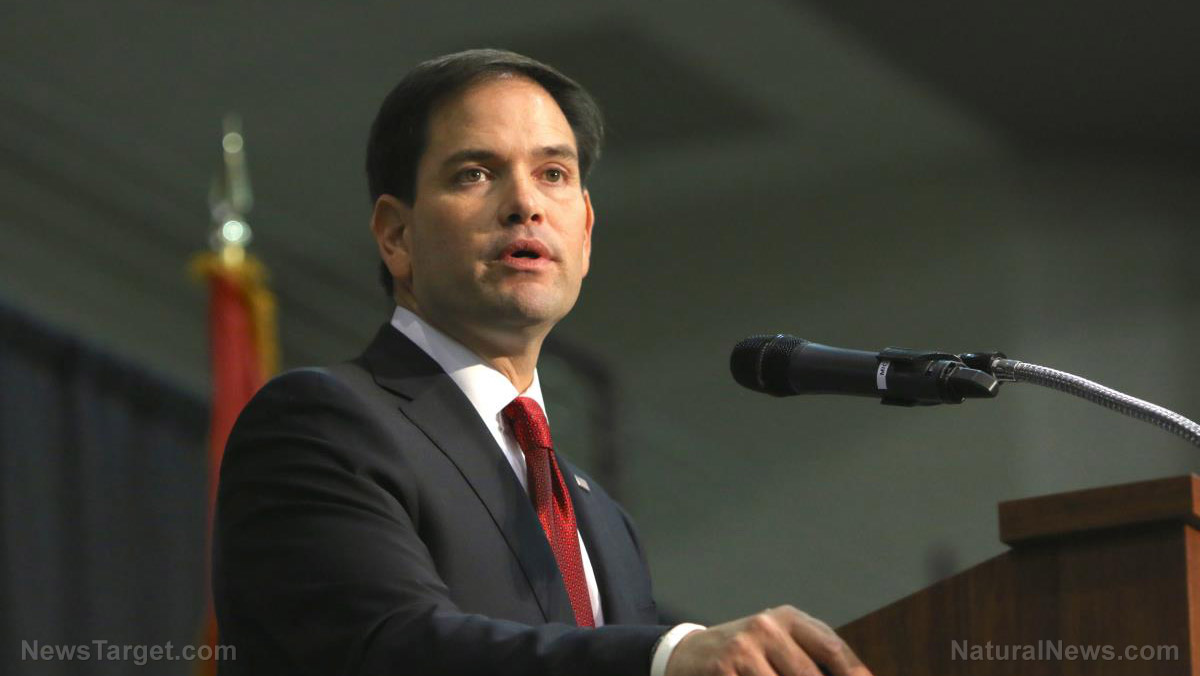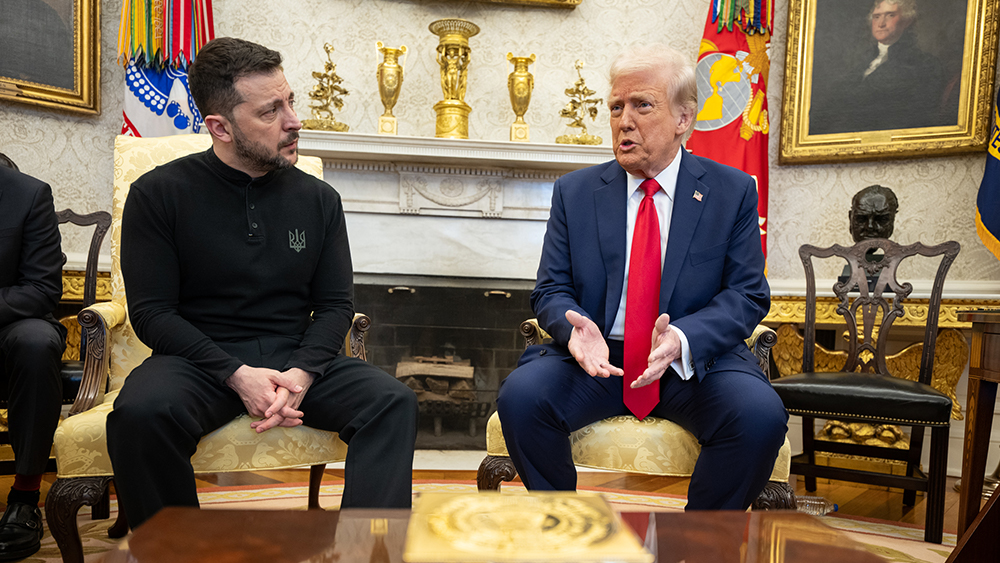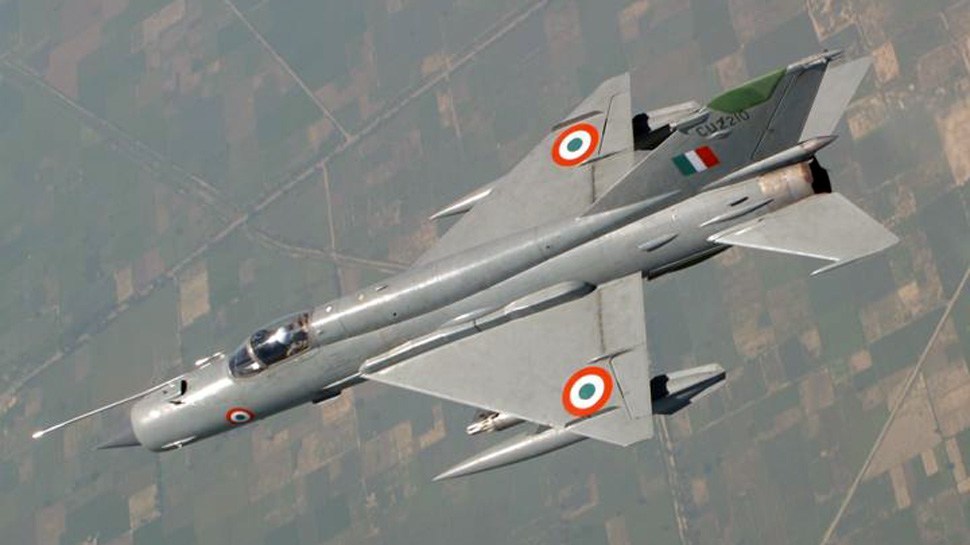 Parler
Parler Gab
Gab
- India and Pakistan are on the brink of a major military conflict, with Pakistan claiming it has intelligence of an imminent Indian strike within 24 to 36 hours.
- Tensions escalated after a deadly Kashmir attack, which India blames on Pakistan, prompting Modi to authorize military retaliation.
- Pakistan warns of a "decisive response" to any Indian aggression, while India is accusing Pakistan of staging a false flag operation.
- The U.S. is urgently mediating, with Rubio urging de-escalation as both nations engage in military posturing and cross-border shelling.
- The standoff risks spurring a regional war, with global powers fearing nuclear escalation and scrambling to prevent a catastrophe.
U.S. steps in amid fears of regional war
Recognizing the potential for a conflict that could draw in neighboring Iran and China, Secretary of State Marco Rubio held emergency calls with Pakistani Prime Minister Shehbaz Sharif and Indian Foreign Minister Subrahmanyam Jaishankar. The State Department urged both nations to “de-escalate tensions, re-establish direct communications, and maintain peace.” Rubio emphasized the need for Pakistan to cooperate in investigating the Kashmir attack, calling it “unconscionable.” Sharif, meanwhile, pushed back, asking the U.S. to pressure India to “dial down the rhetoric.” The Pakistani leader reiterated his country’s willingness to participate in a neutral probe, while India’s Jaishankar demanded justice for the “perpetrators, backers, and planners” of the attack.Military posturing and global concerns
The rhetoric between the two sides has been matched by military readiness. Pakistan’s army chief, Gen. Asim Munir, oversaw combat drills in Punjab, declaring, “Let there be no ambiguity: any military misadventure by India will be met with a swift, resolute, and notch-up response.” India, meanwhile, has suspended a critical water-sharing treaty with Pakistan and closed borders, while both sides report nightly cross-border shelling. The U.S. faces a delicate balancing act. India is a key ally in countering China, while Pakistan remains a strategic partner despite frayed ties post-Afghanistan withdrawal. With Qatar also offering mediation, the international community is scrambling to prevent a conflict that could destabilize an already tense region. The India-Pakistan standoff is more than a bilateral dispute; it’s a global security risk. With nuclear capabilities, historical grievances, and competing alliances, the slightest miscalculation could trigger a disaster. As Washington and other nations push for restraint, one can only hope that diplomacy will prevail before the next bomb drops. Sources for this article include: SHTFPlan.com NBCNews.com APNews.comMajor airlines suspend flights to Tel Aviv amid Yemeni aerial blockade and rising tensions
By Laura Harris // Share
By Lance D Johnson // Share
By Lance D Johnson // Share
Ukraine parliament ratifies U.S. minerals deal after bitter Trump-Zelensky clash
By Cassie B. // Share
Governments continue to obscure COVID-19 vaccine data amid rising concerns over excess deaths
By patricklewis // Share
Tech giant Microsoft backs EXTINCTION with its support of carbon capture programs
By ramontomeydw // Share
Germany to resume arms exports to Israel despite repeated ceasefire violations
By isabelle // Share










